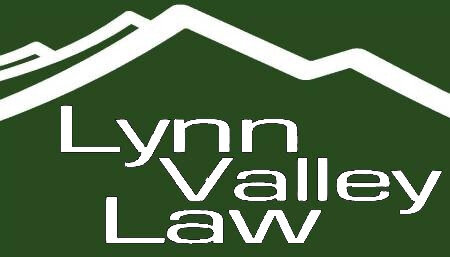Best Housing, Construction & Development Lawyers in North Vancouver
Share your needs with us, get contacted by law firms.
Free. Takes 2 min.
Free Guide to Hiring a Real Estate Lawyer
List of the best lawyers in North Vancouver, Canada
About Housing, Construction & Development Law in North Vancouver, Canada:
North Vancouver, Canada, is an area that is constantly evolving with new housing, construction, and development projects. This area has specific laws and regulations that govern these activities to ensure the safety and well-being of its residents. Housing, Construction & Development law in North Vancouver covers a wide range of issues such as property rights, land use, building regulations, and zoning laws.
Why You May Need a Lawyer:
There are many situations where you may need legal help in Housing, Construction & Development in North Vancouver. Some common scenarios include disputes with contractors, zoning issues, property line disputes, construction defects, and landlord-tenant disputes. A lawyer can help you navigate these complex legal matters and protect your rights.
Local Laws Overview:
In North Vancouver, Canada, the local laws related to Housing, Construction & Development are aimed at maintaining the quality of buildings, protecting the environment, and ensuring the safety of residents. These laws cover areas such as building codes, land use regulations, zoning laws, property rights, and tenant rights. It is important to be aware of these laws to avoid any legal issues in your housing, construction, or development projects.
Frequently Asked Questions:
1. What are the building codes in North Vancouver?
North Vancouver follows the British Columbia Building Code, which sets out the minimum requirements for the design and construction of buildings.
2. Can I challenge a zoning decision in North Vancouver?
Yes, you can appeal a zoning decision through the local government's appeals process.
3. What are my rights as a tenant in North Vancouver?
Tenants in North Vancouver have rights protected under the Residential Tenancy Act, including the right to a safe and habitable living environment.
4. How can I resolve a construction defect issue in North Vancouver?
You may need to take legal action against the builder or contractor responsible for the defect to seek compensation or repairs.
5. How can I obtain a building permit in North Vancouver?
You can apply for a building permit through the local government's building department by submitting the necessary documentation and plans for your project.
6. Can I subdivide my property in North Vancouver?
You may be able to subdivide your property, but you will need to comply with the local zoning laws and regulations.
7. What are the penalties for violating building codes in North Vancouver?
Violating building codes can result in fines, penalties, and even legal action being taken against you.
8. How can I protect my rights in a construction contract in North Vancouver?
You should have a legal professional review your construction contract to ensure your rights are protected and that you understand the terms and conditions.
9. Can I be evicted without cause in North Vancouver?
No, landlords in North Vancouver cannot evict tenants without a valid reason under the Residential Tenancy Act.
10. What are the environmental regulations for construction in North Vancouver?
Construction projects in North Vancouver must comply with environmental regulations to protect the local ecosystem and wildlife.
Additional Resources:
For more information on Housing, Construction & Development law in North Vancouver, you can visit the North Vancouver City Hall, the British Columbia Law Society, or consult with a local legal professional specializing in this area.
Next Steps:
If you find yourself in need of legal assistance regarding Housing, Construction & Development in North Vancouver, Canada, it is important to contact a qualified lawyer who can provide you with expert advice and guidance tailored to your specific situation. Be sure to gather all relevant documents and information related to your case before meeting with a lawyer to ensure they can provide you with the best possible assistance.
Lawzana helps you find the best lawyers and law firms in North Vancouver through a curated and pre-screened list of qualified legal professionals. Our platform offers rankings and detailed profiles of attorneys and law firms, allowing you to compare based on practice areas, including Housing, Construction & Development, experience, and client feedback.
Each profile includes a description of the firm's areas of practice, client reviews, team members and partners, year of establishment, spoken languages, office locations, contact information, social media presence, and any published articles or resources. Most firms on our platform speak English and are experienced in both local and international legal matters.
Get a quote from top-rated law firms in North Vancouver, Canada — quickly, securely, and without unnecessary hassle.
Disclaimer:
The information provided on this page is for general informational purposes only and does not constitute legal advice. While we strive to ensure the accuracy and relevance of the content, legal information may change over time, and interpretations of the law can vary. You should always consult with a qualified legal professional for advice specific to your situation.
We disclaim all liability for actions taken or not taken based on the content of this page. If you believe any information is incorrect or outdated, please contact us, and we will review and update it where appropriate.









